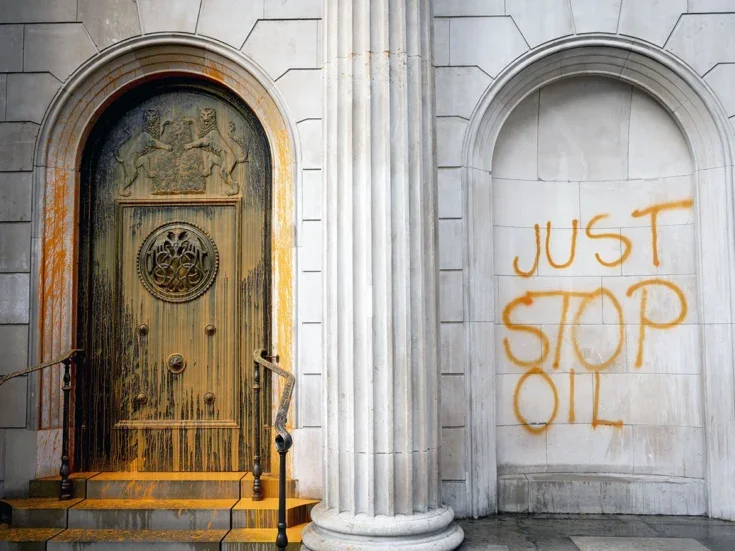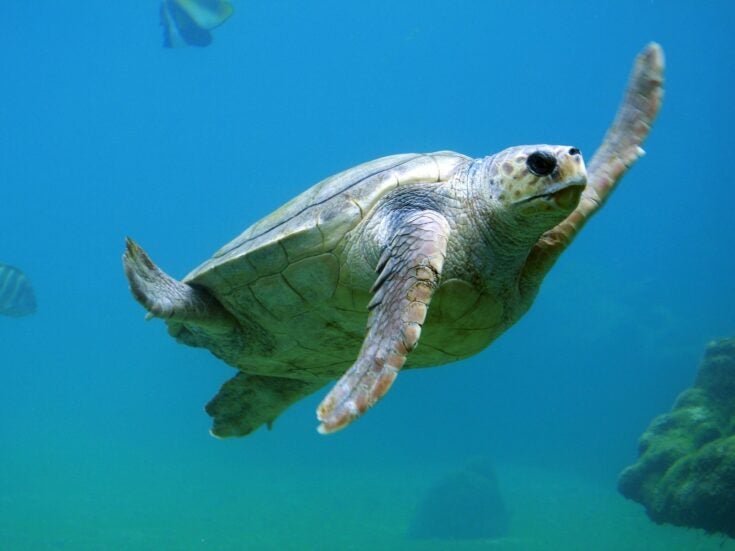The jury is still out on whether loading more debt on to over-indebted banks and states, and printing more money, was the right thing to do. If Bernanke’s got that one wrong, he can always stop Twisting and play his violin instead, as the economy sinks back below the waves, à la Titanic.
One hundred years ago the RMS Titanic, the largest and latest symbol of the capitalist dream and the last word in luxury, for those who could afford a first-class ticket and a place in a lifeboat, was steaming serenely along on a brilliant starlit night on an absolute mill-pond of a sea. There had been reports of icebergs off their normal track, but the captain was gunning it along regardless. If this sounds like the Greenspan economy supercharged on low interest rates and heading for the global crunch of 2008/09, well, it hit an iceberg all right.
The good news is that Q1 has passed with the ship on an even keel, as the fragile world economy still struggles on after that initial brush with the iceberg. In Q1 the hard questions were deferred, by Mario Draghi hosing down busted banks with €1 trillion of ultra-cheap money and by a second €130 billion bailout of Greece. The global economy is still very much at risk, even if the sea is calmer.
The engine of growth has stalled, however, like the Titanic’s, and forward momentum is negligible. The world has survived thus far on the printing presses of the Fed, the BoE, the ECB and the BoJ, while interest rates have of necessity been stuck on zero. But the price of oil, that harbinger of inflation to come, has been rising all year.
At this point, national economies will start thinking ‘Sauve qui peut’, as everyone takes to the lifeboats, only to discover that there isn’t enough QE for everyone as interest rates inevitably rise, wreaking havoc on busted banks and national finances. This is when the real cost of the excesses of global crunch will become apparent, and the unanswered questions of the past three years will point to time lost.
The omens are not brilliant, and Ben Bernanke is worried enough to start thinking QE3 and Twisting again, like he did last summer. Spear’s has continually argued that a double-dip was inevitable, given the excessive levels of debt everywhere. The US’s so-called recovery is slipping, as the debt-ridden US consumer, representing 20 per cent of world demand, is drowning in plastic. The siren voices who claimed that the UK had avoided slipping back into recession have now got their feet wet as well, as Q4 2011’s GDP was revised to negative 0.2 per cent. The soft landing hoped for in China looks increasingly tricky.
Eurozone politicians are claiming their sovereign debt crisis has passed, even as they head off to Copenhagen to reinforce their defences, again. That leaves the Israeli-Iranian stand-off as an economy-derailing flashpoint, and it would be unwise to assume that Israel will heed the western rhetoric of appeasement.
The jury is still out on whether loading more debt on to over-indebted banks and states, and printing more money, was the right thing to do. If Bernanke’s got that one wrong, he can always stop Twisting and play his violin instead, as the economy sinks back below the waves, à la Titanic.






